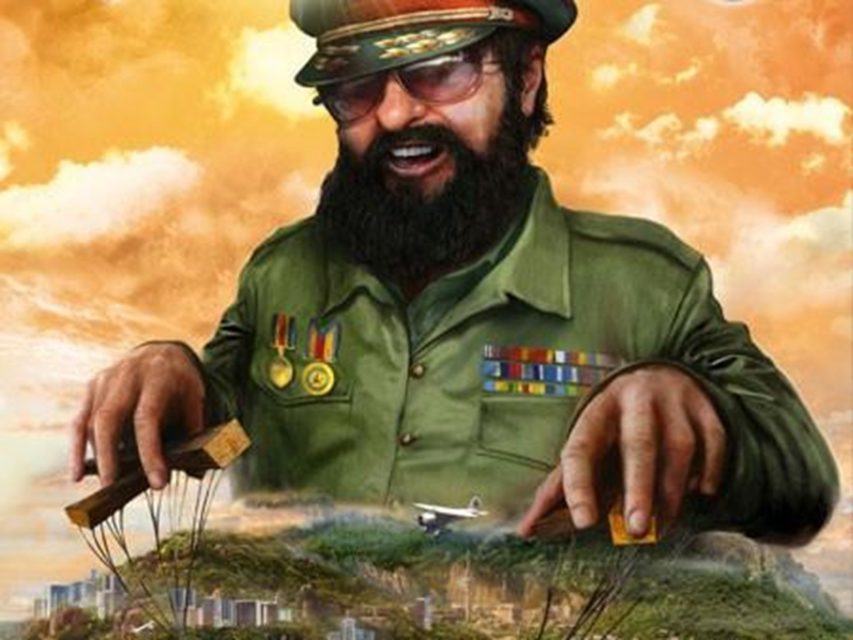At FEE, Ong Jia Yi Justin looks at the video game Tropico and what it can show about real world economics:
In Tropico 5, you are El Presidente — the leader of a Caribbean island that is a semi-democratic banana republic. Your primary objective is to preserve your rule by micromanaging your country’s economy to appease your citizens, the Tropicans. If they are dissatisfied with your rule, they can vote you out in the next elections or stage a coup d’état, costing you the game.
First released in 2001, the city-building and management game has sold millions of copies worldwide, and the sixth installment is scheduled for release later in 2019. The game was even banned in Thailand due to concerns it would stir social unrest. In a hilarious response, the game developers included a mission in its DLC (downloadable content) to steal away tourists from Thailand.
Tropico 5 presents an engaging platform for players to craft their socialist paradise and examine the mechanics of socialist economies. Apart from sandy beaches and skyscrapers, Tropico 5’s appeal arises from loading players with a swarm of decisions to make, each with certain trade-offs that must be accounted for. Since most of us formulate our ideals from an armchair perspective, Tropico 5 delivers a much-needed dose of reality and numerous lessons on economics for its players to reflect upon.
Pineapples, Cotton, or Death
The first focus when you start up the Tropico 5 game is managing your agricultural sector. Players must choose between constructing two types of farms. Farms producing food crops for local consumption, such as bananas and pineapples, boost your approval rating but don’t add income to your budget. Conversely, farms growing economic crops such as tobacco and cotton bring a healthy income stream but don’t feed your people.
Some players prefer to amass large sums of wealth in the early game through cotton exports and then focus on food production later, hopefully before too many people starve to death. Other players risk bankruptcy in their attempt to bring their popularity to a safe level by spamming pineapple plantations before transitioning to economic crops later. Either way, you’re stuck between a rock and a hard place.




